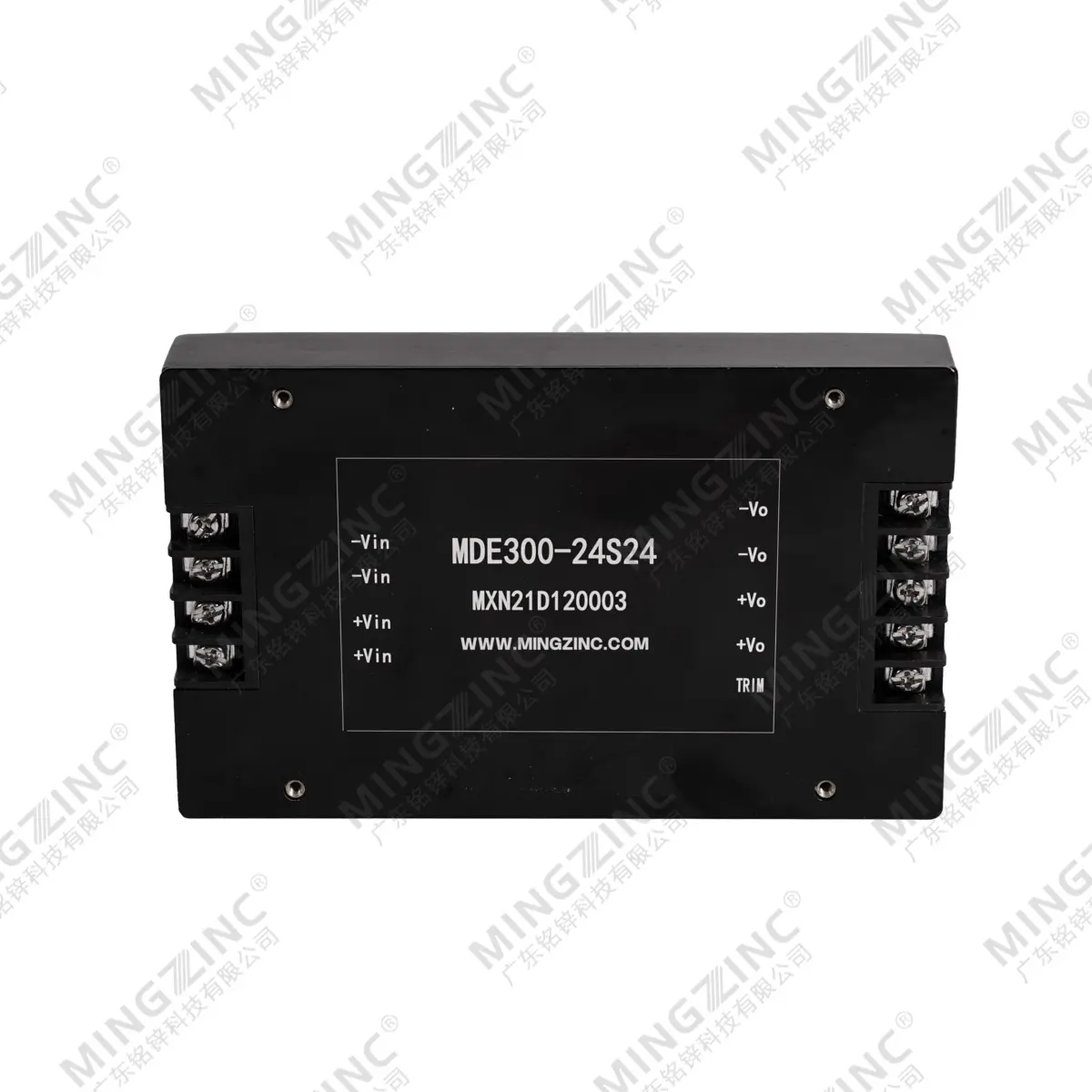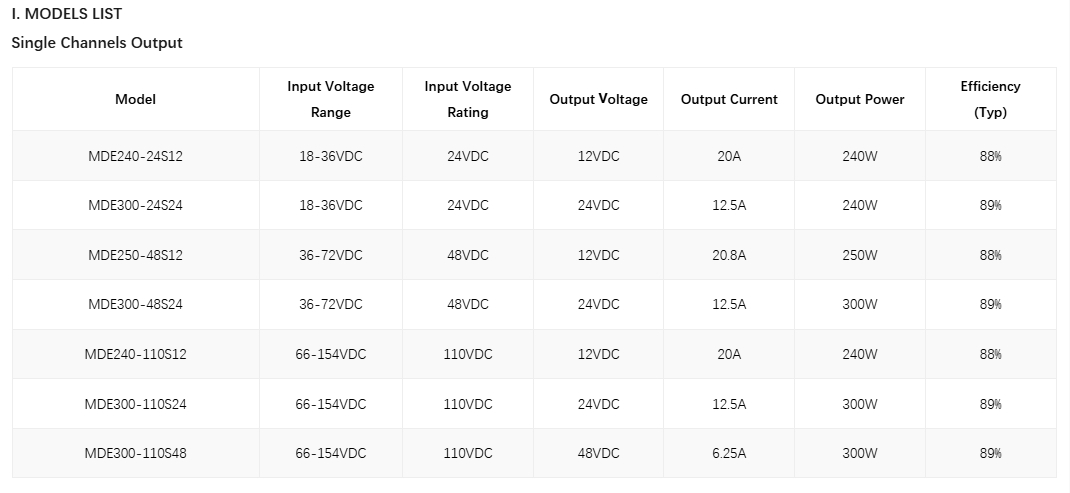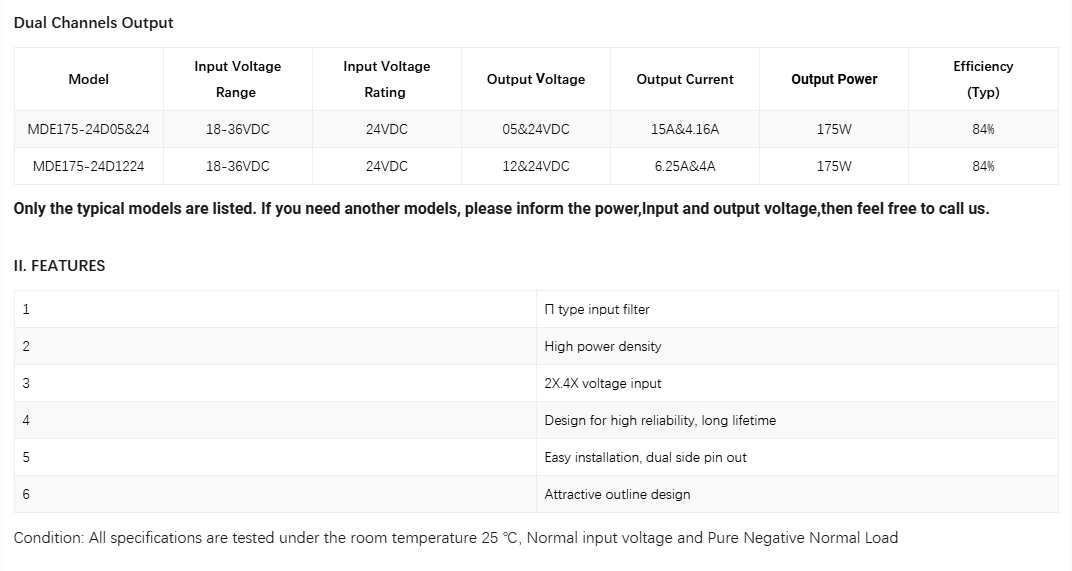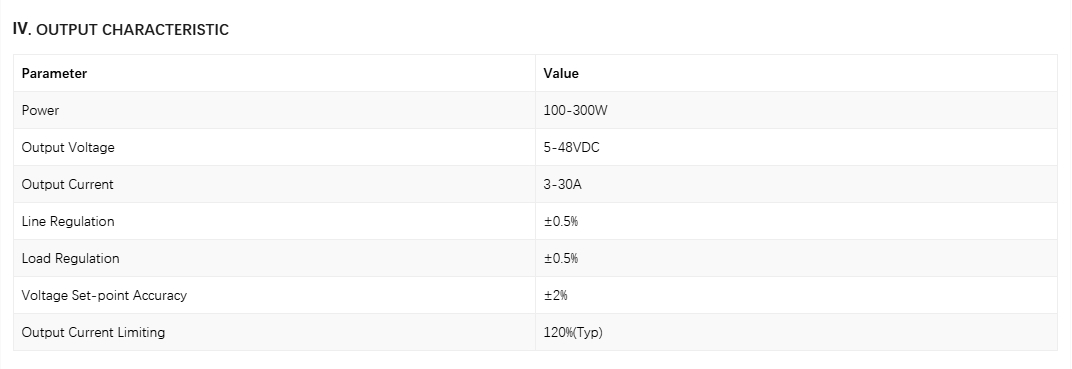Energy-Saving Advantages of Modular Power Supplies in Industrial Control Systems
In the rapidly evolving industrial automation landscape, energy efficiency has become a critical focus for businesses aiming to reduce operational costs and environmental impact. Modular power supplies, as advanced solutions for power conversion and management, have emerged as a cornerstone of energy-saving strategies in industrial control systems. Guangdong Mingzinc Technology Co., Ltd. is at the forefront of delivering these innovative solutions, empowering industries to achieve sustainability while maintaining robust performance. Below, we explore the key energy-saving advantages of modular power supplies and compare their efficiency with traditional power systems.

1.High Energy Conversion Efficiency
Modular power supplies excel in minimizing energy loss during power conversion. Traditional AC/AC or AC/DC systems often involve multiple conversion stages, each introducing significant energy dissipation. For instance, conventional linear power supplies typically operate at 60-70% efficiency due to heat generation and resistive losses. In contrast, modern modular designs leverage high-frequency switching technologies and optimized topologies (e.g., LLC resonant circuits) to achieve efficiencies exceeding 90%167. By reducing conversion steps—especially in DC-based systems that directly utilize renewable energy sources like solar or wind—modular power supplies drastically cut energy waste, translating to lower electricity consumption and operational costs.
2. Intelligent Power Management
Advanced modular power supplies integrate smart control mechanisms such as dynamic load tracking, sleep modes, and adaptive voltage regulation. These features enable systems to adjust power output based on real-time demand. For example, during idle periods or low-load conditions, the power supply can enter a low-power state, slashing standby energy consumption by up to 50% compared to legacy systems36. Traditional power units, lacking such granular control, often operate at fixed outputs regardless of load, leading to unnecessary energy expenditure.
3. Reduced Heat Generation and Enhanced Thermal Design
Energy loss in power systems frequently manifests as heat, which not only wastes electricity but also necessitates additional cooling infrastructure. Modular power supplies address this through efficient switching technologies and compact thermal management designs. High-efficiency components and optimized layouts minimize heat generation, while advanced heat dissipation materials and structures ensure stable operation even in harsh industrial environments. In comparison, older systems with bulky transformers and passive cooling methods often suffer from thermal inefficiencies, increasing both energy use and maintenance costs18.
4. Compatibility with Renewable Energy Systems
The shift toward renewable energy has highlighted the advantages of modular DC power supplies. Solar panels and wind turbines generate DC power, which traditional AC grids must convert multiple times—first to AC for transmission, then back to DC for end-use devices. Modular DC systems eliminate these redundant conversions, preserving energy integrity and improving overall efficiency by 15-20%17. This seamless integration with renewables positions modular solutions as pivotal enablers of green industrial practices.
5. Long-Term Reliability and Lower Maintenance
Modular power supplies are engineered for durability, reducing the frequency of replacements and downtime. Their modular architecture allows for isolated component failures without disrupting the entire system, unlike traditional monolithic units where a single fault could halt operations. Enhanced protection mechanisms—such as overvoltage, overcurrent, and temperature safeguards—further ensure stable performance, minimizing energy spikes and unplanned outages510.
Comparative Analysis: Modular vs. Traditional Power Systems
Before the advent of modular power supplies, industrial control systems relied heavily on linear power units and complex AC-DC-AC conversion chains. These systems were plagued by:
Lower Efficiency: Average efficiency of 65-75%, with substantial losses at each conversion stage.
Higher Heat Output: Excessive heat necessitated energy-intensive cooling solutions.
Rigid Power Delivery: Fixed output levels led to energy waste during low-demand periods.
Limited Renewable Integration: Multiple conversions eroded the efficiency of solar/wind energy utilization.
In contrast, modular power supplies deliver:
Efficiency Gains: 90%+ efficiency across varying loads, reducing energy consumption by 20-30%.
Adaptive Operation: Smart load management curtails standby power waste.
Compact Footprint: Smaller size and weight lower material use and logistics costs.
Sustainability Alignment: Compatibility with renewables and eco-friendly manufacturing practices.
Conclusion
Modular power supplies represent a paradigm shift in industrial energy management, offering unparalleled efficiency, adaptability, and environmental benefits. By transitioning from outdated power systems to modular solutions, industries can achieve significant cost savings, reduce carbon footprints, and future-proof their operations. Guangdong Mingzinc Technology Co., Ltd. remains committed to advancing these technologies, providing cutting-edge modular power solutions that drive industrial innovation and sustainability worldwide.
Previous: Versatile Voltage Outputs of Modular Power Supplies in Industrial Control Systems
Next: No More




